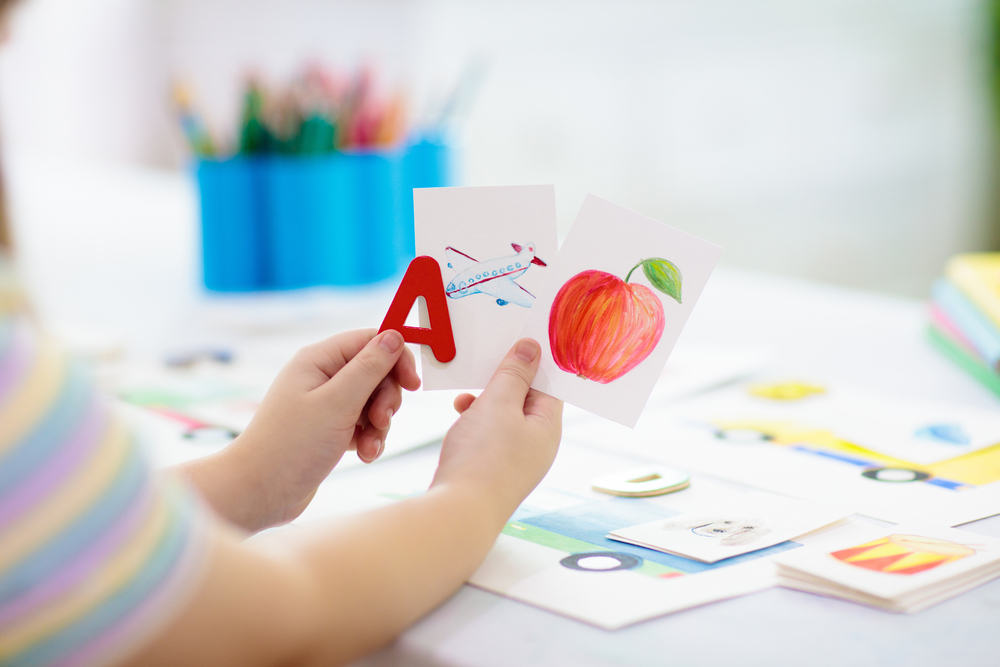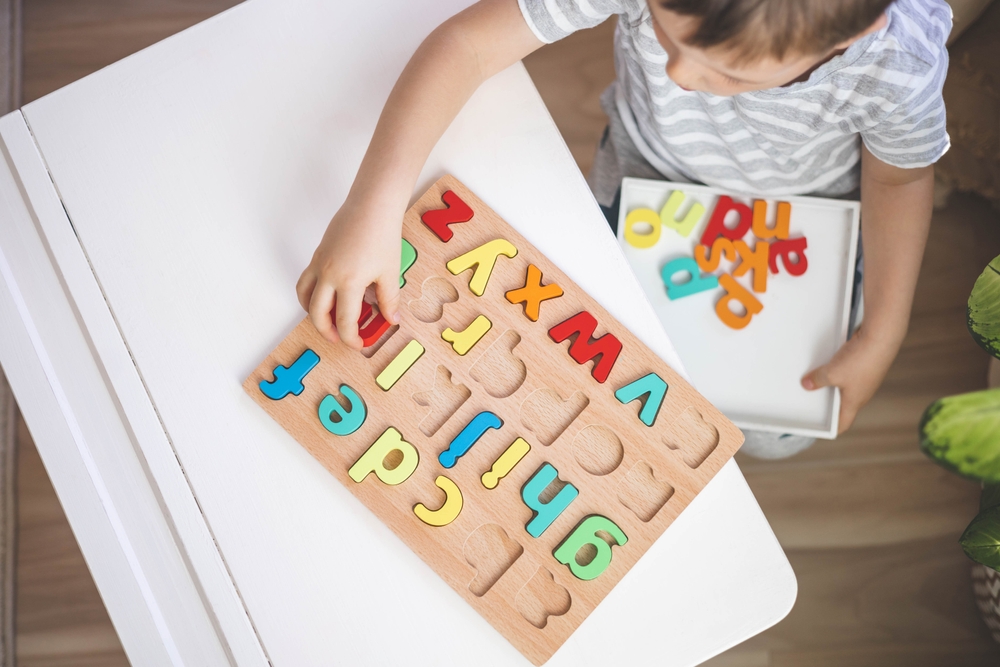Engaging in writing can lead to self-reflection, which in turn allows us to develop an understanding of our own emotions and experiences. This awareness can foster empathy towards others and improve our ability to relate to their experiences. Effective communication skills are crucial in building relationships and comprehending others. Reading and writing can aid in developing skills such as active listening, effective speaking, and clear writing.
Why reading matters
Reading and writing skills help develop vocabulary, which is essential for understanding and expressing emotions. When we have a strong vocabulary, we can better articulate our own emotions and understand the emotions of others.
Literacy skills are also important for developing emotional intelligence, which is the ability to identify, understand, and manage our own emotions and the emotions of others. When we read and write about emotions, we develop the ability to recognize and empathize with different emotional states.

Multicultural perspectives
Literacy skills are essential for understanding and appreciating diverse cultures and perspectives. Reading literature from different cultures and backgrounds can expose us to new ideas and experiences and can help us develop empathy for people with different backgrounds and experiences. It is also essential for developing critical thinking skills that are necessary for understanding complex issues and empathy for people with different viewpoints. When we can analyze and evaluate different arguments and perspectives, we can better understand and empathize with people who hold different opinions and beliefs.
Improving our communication and critical thinking skills through reading and writing can help us better understand and appreciate the experiences, opinions, and emotions of others.
Literacy for lifelong learning and personal growth
Literacy skills are particularly important for developing empathy for marginalized groups, such as refugees, immigrants, and people from different socio-economic backgrounds. Reading about the experiences of these groups can help us understand and empathize with the challenges they face. These skills are also essential for active citizenship and engagement in society. When we can read and write effectively, we can better understand and participate in public discourse, engage with different perspectives, and advocate for social change.
Literacy skills are also important for lifelong learning and personal growth. When we continue to read and write throughout our lives, we continue to develop empathy and understanding of others and build on our communication and critical thinking skills.
According to UNESCO, 773 million adults worldwide lack basic literacy skills, which means they cannot read or write simple sentences. According to a report by the World Literacy Foundation and UNICEF, 1 in 5 children in developed countries cannot read or write proficiently by the age of 10. The good news, however, is that the literacy rate worldwide has increased significantly over the past century, from 21% in 1900 to 86% in 2016, according to UNESCO.
Overall, these statistics highlight the ongoing challenges and disparities in literacy around the world, particularly for women, low-income populations, and children from disadvantaged backgrounds. However, there have also been significant improvements in literacy rates over the past century, and efforts to improve literacy continue to be important for promoting education, social justice, and economic growth.
Having strong literacy skills is crucial as it enables us to become more empathetic, emotionally intelligent, and understanding towards others. By improving our reading, writing, communication, and critical thinking abilities, we can become better and more compassionate members of our communities. This will allow us to truly value and empathize with the experiences of others.









